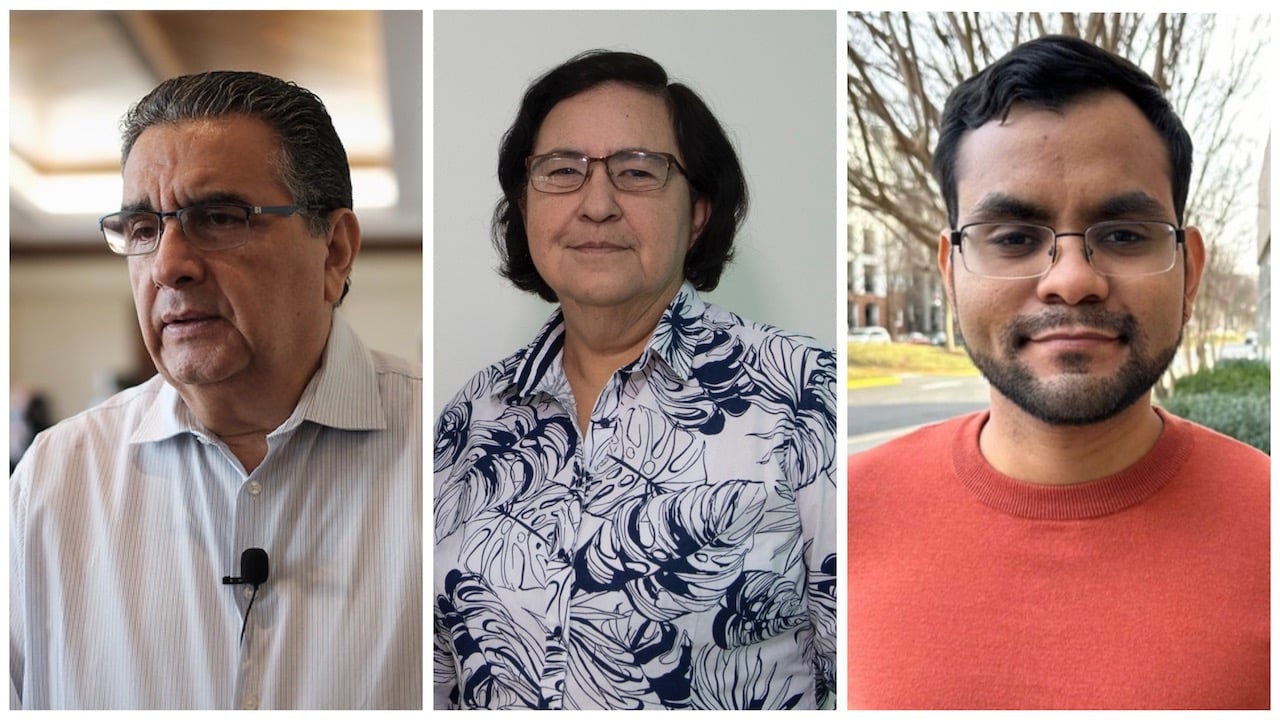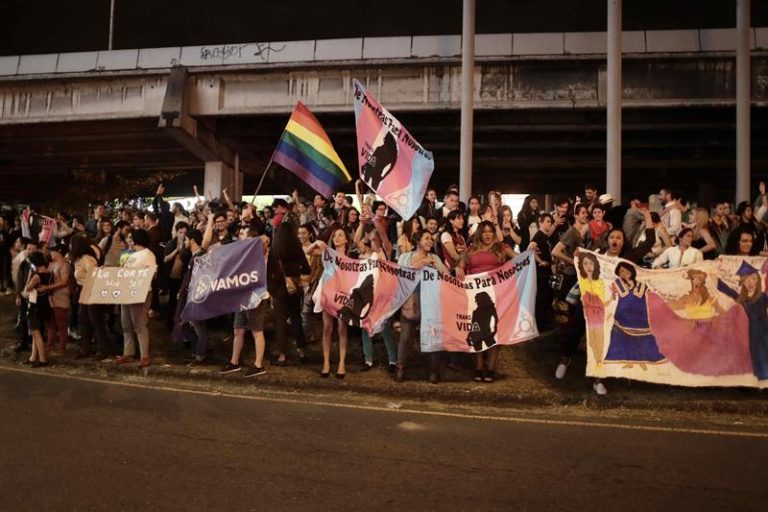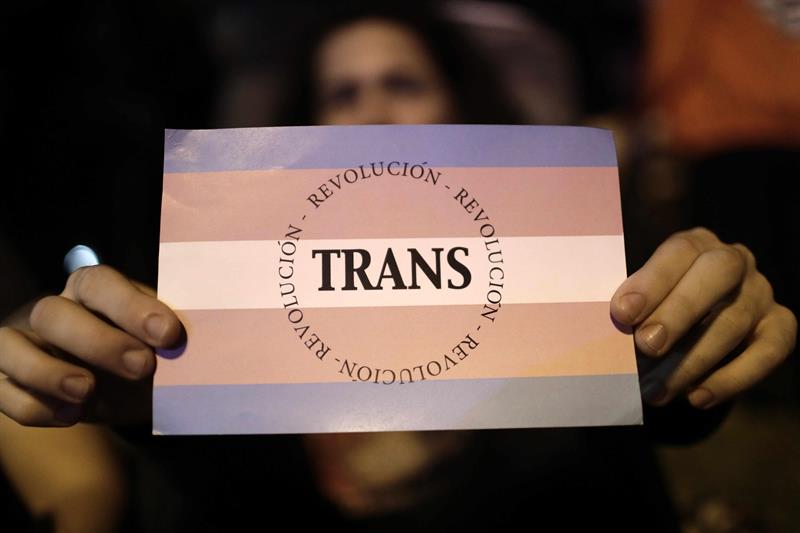
Dialogue and Elections: “The Peaceful Way Out of the Dictatorship”

PUBLICIDAD 1M
PUBLICIDAD 4D
PUBLICIDAD 5D
20 countries in the Americas to guarantee same sex marriage and identity rights for transgender people

Celebración en San José tras conocerse el fallo de la CIDH sobre el matrimonio entre personas del mismo sexo. EFE | CONFIDENCIAL.
Twenty countries in the Americas have been mandated to ensure marriage equality and basic identity rights for the transgender community by the Inter-American Court of Human Rights. The judgement made public on January 9 through an Advisory Opinion which is legally binding for all States that acknowledge the Court’s jurisdiction. Argentina, Barbados, Bolivia, Brazil, Chile, Colombia, Costa Rica, Ecuador, El Salvador, Guatemala, Haiti, Honduras, Mexico, Nicaragua, Panama, Paraguay, Peru, Dominican Republic, Surinam and Uruguay are bound to respect the Advisory Opinion delivered after Costa Rica submitted a motion regarding these issues in May 2016.
While Colombia, Argentina, Brazil, Uruguay and some states in Mexico have already recognized marriage equality, the Costa Rica government announced that they will fully comply with the court’s interpretation which implies that States must recognize and guarantee all rights derived from family ties between same sex people in accordance with the American Convention on Human Rights. The Advisory Opinion indicates that it is necessary that all States guarantee access to already existing domestic legal figures, including the right to marriage, to ensure the protection of all rights of same sex families without any difference from those families constituted by heterosexual couples.
Furthermore, the Court mandated that transgender people must be allowed to legally change their name and sex. The court ruled that this process must be expeditious, confidential and that civil registry offices must not ask for any requirements such as medical or psychological certificates for it must be solely based on the applicant’s free will. In the region only Argentina, Bolivia, Colombia, Ecuador, Mexico and Uruguay have laws that recognize the right of transgender people to legally change their name and sex prior to any surgery.
Costa Rican Vice President Ana Helena Chacon, who presented the motion in behalf of the current administration two years ago, confirmed during a press conference that the government will comply with the resolution and said that the Executive branch will study the resolution in depth, reported the newspaper La Nacion. The same source also asked eight of the presidential candidates running for the upcoming elections in February whether they will respect the court’s criteria. Only two of them said no, while the frontrunners according to recent polls said they would respect such resolution. “I respect the resolution. In a regime of law court decisions are to be respected, although personally I don’t share what the resolution states”, said Antonio Alvarez, National Liberation Party presidential candidate. Rodolfo Piza, the presidential candidate of the Social Christian Unity Party delivered a similar response: “I respect the decision, although I don’t share what the resolution states because marriage is between a man and a woman. I respect the Court above my personal opinions”. Juan Diego Castro, the candidate endorsed by the National Integration Party stated that the resolution is legally binding for Costa Rica “as long as we are signatories to the convention”, he declared to La Nacion.

EFE
“Ideally will be the Legislative Assembly the one called to pass the bills needed to abide by this ruling after such a clear resolution”, explained Elizabeth Jimenez, President of the Costa Rican Association of International Law, who also added that the acceptance of the Court’s jurisdiction binds all branches of the government, which means that if the Legislative Assembly were not to fulfill its duty, either the Judicial branch or the Executive branch could also take on the compliance with this international resolution, she said. In this scenario, marriage equality and transgender identity rights are an imminent victory for those who have sought both human right achievements in the country. The news was met with celebration in the capital city, where people congregated in Rotonda La Hispanidad, one of the main intersections of the city. Costa Rica will be soon the first Central American country to win marriage equality. As of now, representatives of the rest of the States expected to abide with the content of the Advisory Opinion haven’t made any comments about their position regarding this new international legal obligation.
“The court has made a clear and categorical statement. All people are equal regardless of their race, gender, sex, sexual orientation or gender identity. Marriage is a civil institution that must be available for all people”, said Herman Duarte, human rights advocate and lawyer. “The depathologisation of transgender identity and the need to protect all kinds of families with the highest possible legal standards is the news we have been expecting” added lawyer and human rights and bioethics specialist Paula Siverino, both from the Latin American Foundation for the Promotion and Protection of LGBTQ rights- Igualitos Foundation.
Archivado como:
PUBLICIDAD 3M
PUBLICIDAD 3D